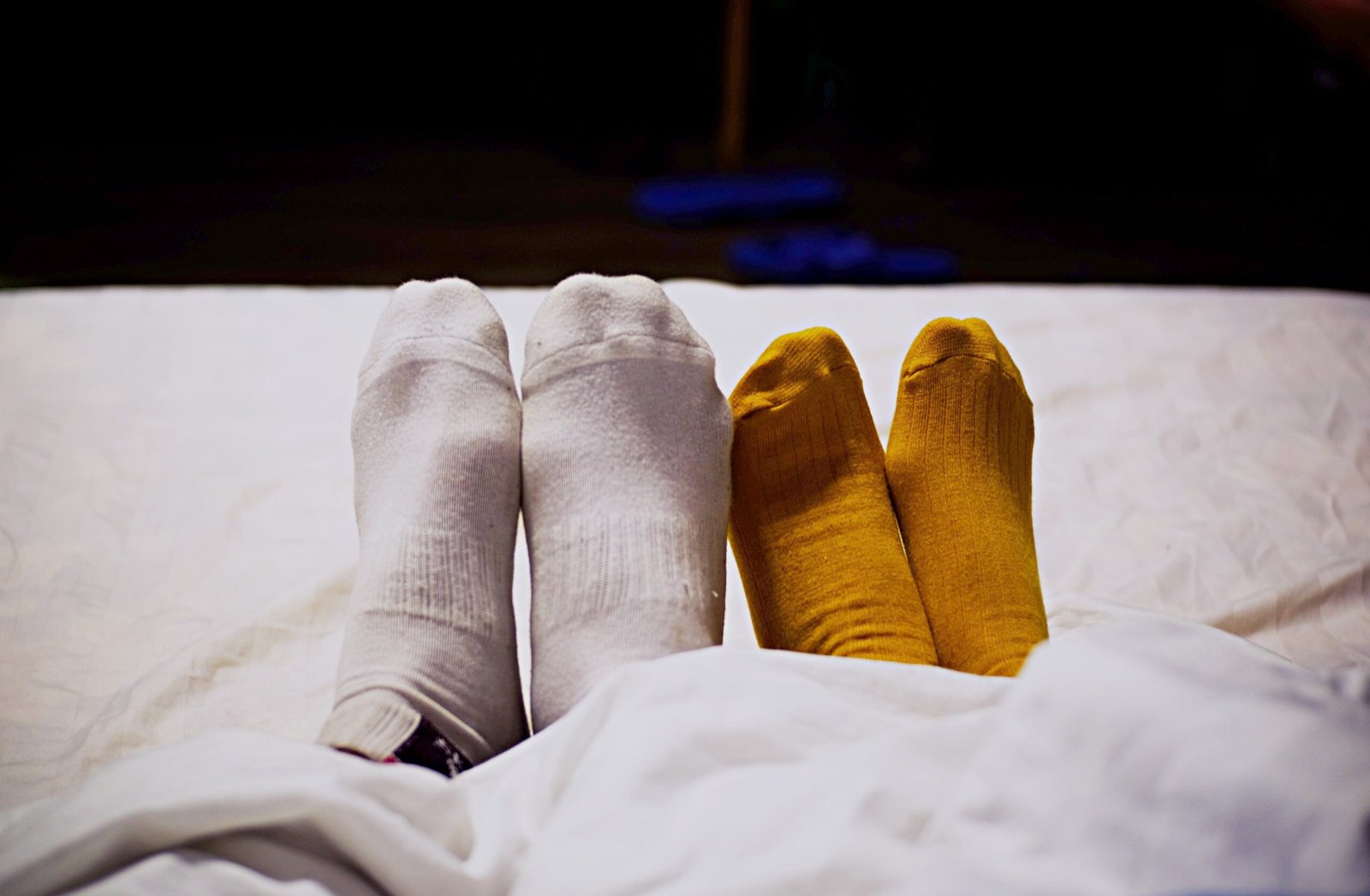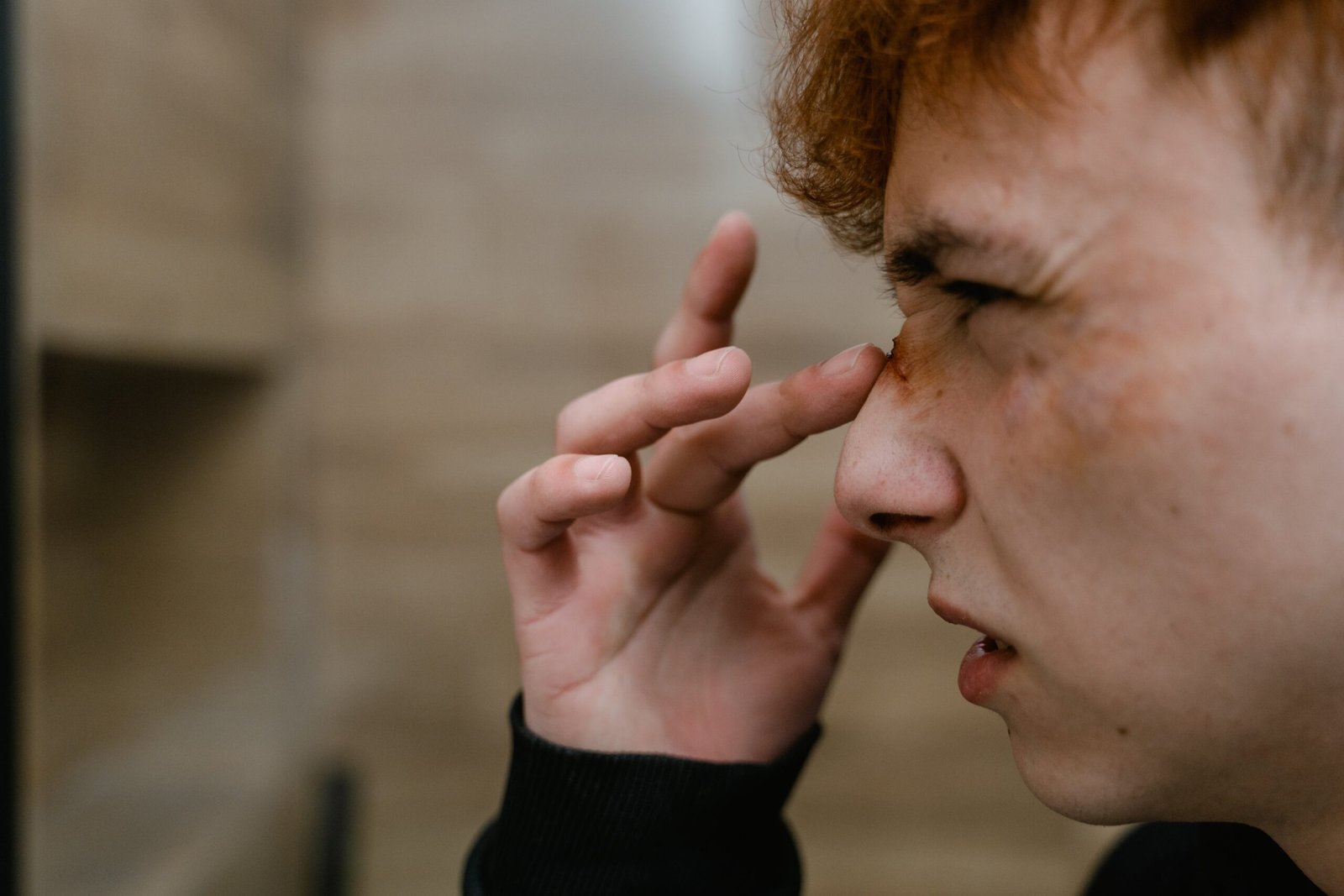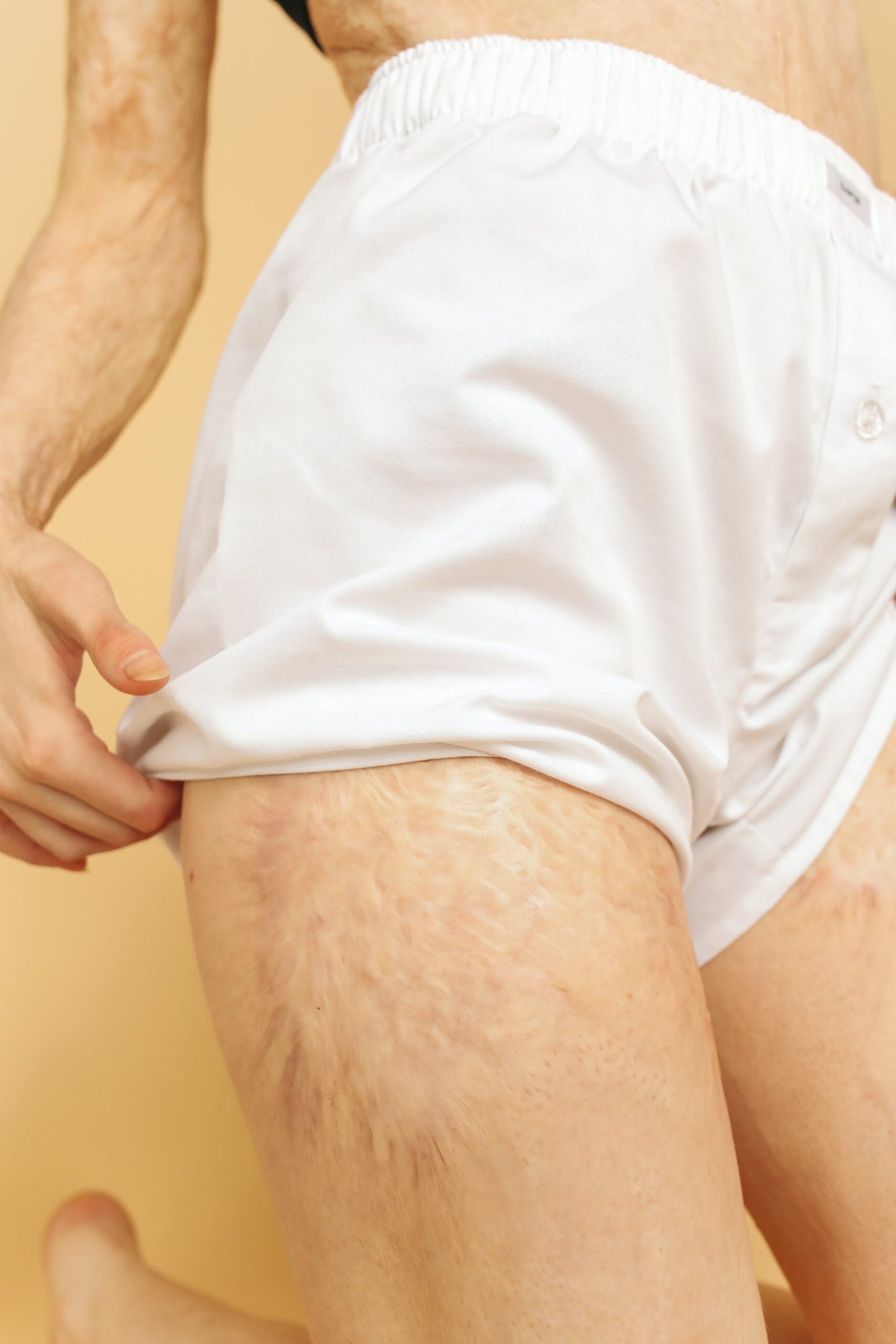
Have you ever woken up with aching shoulders and wondered what could be the cause? In this article, we will explore the various factors that contribute to shoulder pain after sleeping, with a particular focus on the right shoulder. From poor sleeping positions to underlying medical conditions, understanding these causes can help you find relief and wake up feeling refreshed and pain-free. So let’s get started and shed some light on the reasons behind that bothersome shoulder discomfort.
Causes of Shoulder Pain After Sleeping
Waking up with shoulder pain can be a frustrating and uncomfortable way to start your day. Your shoulder is a complex joint that allows for a wide range of motion, but it is also susceptible to injury and discomfort. There are several potential causes for shoulder pain after sleeping, and understanding these causes can help you find relief and prevent future discomfort.

Improper Sleeping Position
One of the most common causes of shoulder pain after sleeping is an improper sleeping position. When you sleep in a position that puts excess pressure on your shoulder, it can lead to pain and discomfort. For example, sleeping on your side with your arm tucked under your pillow can put strain on your shoulder joint and cause pain. Similarly, sleeping on your stomach with your arm extended above your head can also lead to shoulder discomfort. It is important to find a sleeping position that supports your body and keeps your shoulder in a neutral position.
Rotator Cuff Issues
Another potential cause of shoulder pain after sleeping is a problem with your rotator cuff. The rotator cuff is a group of muscles and tendons that surround the shoulder joint and help to stabilize and move the joint. Issues with the rotator cuff, such as a strain or tear, can lead to pain and discomfort, particularly after sleeping. If you have a rotator cuff injury, you may experience pain when you try to lift your arm or move it in certain positions.

Frozen Shoulder
Frozen shoulder, also known as adhesive capsulitis, is a condition that causes stiffness and pain in the shoulder joint. It typically develops gradually and can be more noticeable after periods of rest, such as sleeping. Frozen shoulder can make it difficult to move your shoulder or perform everyday activities. This condition can be caused by factors such as inflammation, injury, or prolonged immobilization of the shoulder joint.
Shoulder Impingement Syndrome
Shoulder impingement syndrome occurs when the space between the top of the shoulder blade and the upper arm bone narrows, causing irritation and pain. This can be particularly noticeable after sleeping, as certain positions can further compress the structures in the shoulder. People with shoulder impingement syndrome often experience pain when they lift their arm or reach overhead. This condition can be caused by factors such as repetitive overhead activities, poor posture, or muscle imbalances.

Shoulder Bursitis
Bursitis is the inflammation of the bursae, which are small fluid-filled sacs that provide cushioning between bones, tendons, and muscles. When the bursae in the shoulder become inflamed, it can lead to shoulder pain. This pain can be more noticeable after sleeping, as the shoulder may have been in a position that irritated the inflamed bursae. Shoulder bursitis can be caused by factors such as overuse, trauma, or infection.
Tendinitis
Tendinitis, also known as tendonitis, is the inflammation of a tendon, which is the tissue that connects muscles to bones. When a tendon in the shoulder becomes inflamed, it can cause pain and discomfort. Sleeping in a position that puts stress on the affected tendon can exacerbate this pain. Tendinitis can be caused by factors such as overuse, repetitive motions, or age-related degeneration.

Arthritis
Arthritis is a condition that causes inflammation and pain in the joints. There are several types of arthritis that can affect the shoulder joint, including osteoarthritis and rheumatoid arthritis. Arthritis-related shoulder pain after sleeping can be particularly noticeable due to the prolonged period of inactivity during sleep. Arthritis can be caused by factors such as age, genetics, or joint injuries.
Overuse or Strain
Overusing your shoulder or straining the muscles and tendons in the shoulder can also lead to pain after sleeping. Activities such as heavy lifting, repetitive motions, or throwing can put stress on the shoulder joint and cause discomfort. If you have recently engaged in activities that put strain on your shoulder, it is possible that this is contributing to your shoulder pain upon waking.

Sleeping on a Hard Surface
The surface you sleep on can also contribute to shoulder pain after sleeping. Sleeping on a hard surface, such as a firm mattress or a floor, can put excess pressure on your shoulder joint and cause discomfort. Similarly, using a pillow that is too firm or too flat can also lead to shoulder pain. It is important to find a mattress and pillow that provide adequate support for your body and promote good alignment of your shoulder joints.
Stress or Anxiety
Last but not least, stress and anxiety can manifest physically and cause pain in various parts of your body, including your shoulders. When you are stressed or anxious, your muscles can become tense and tight, leading to discomfort and pain. If you find yourself waking up with shoulder pain after periods of stress or anxiety, it may be worth exploring stress-reduction techniques such as meditation, exercise, or therapy.
In conclusion, waking up with shoulder pain can be a result of various factors, ranging from improper sleeping positions to underlying conditions such as rotator cuff issues or arthritis. By understanding the potential causes of shoulder pain after sleeping, you can address and prevent further discomfort. If you are experiencing persistent or severe shoulder pain, it is always recommended to consult with a healthcare professional for proper diagnosis and treatment.





